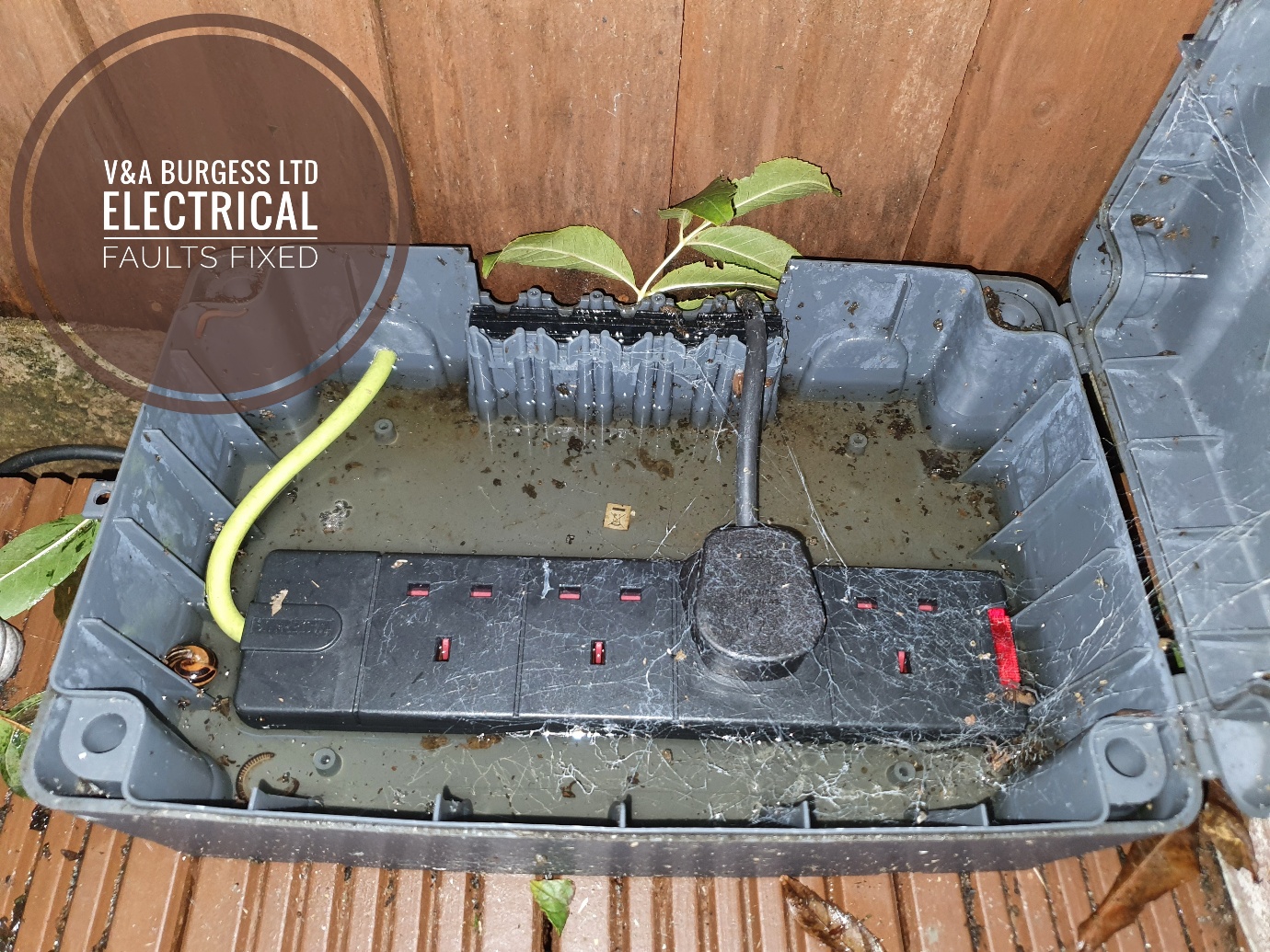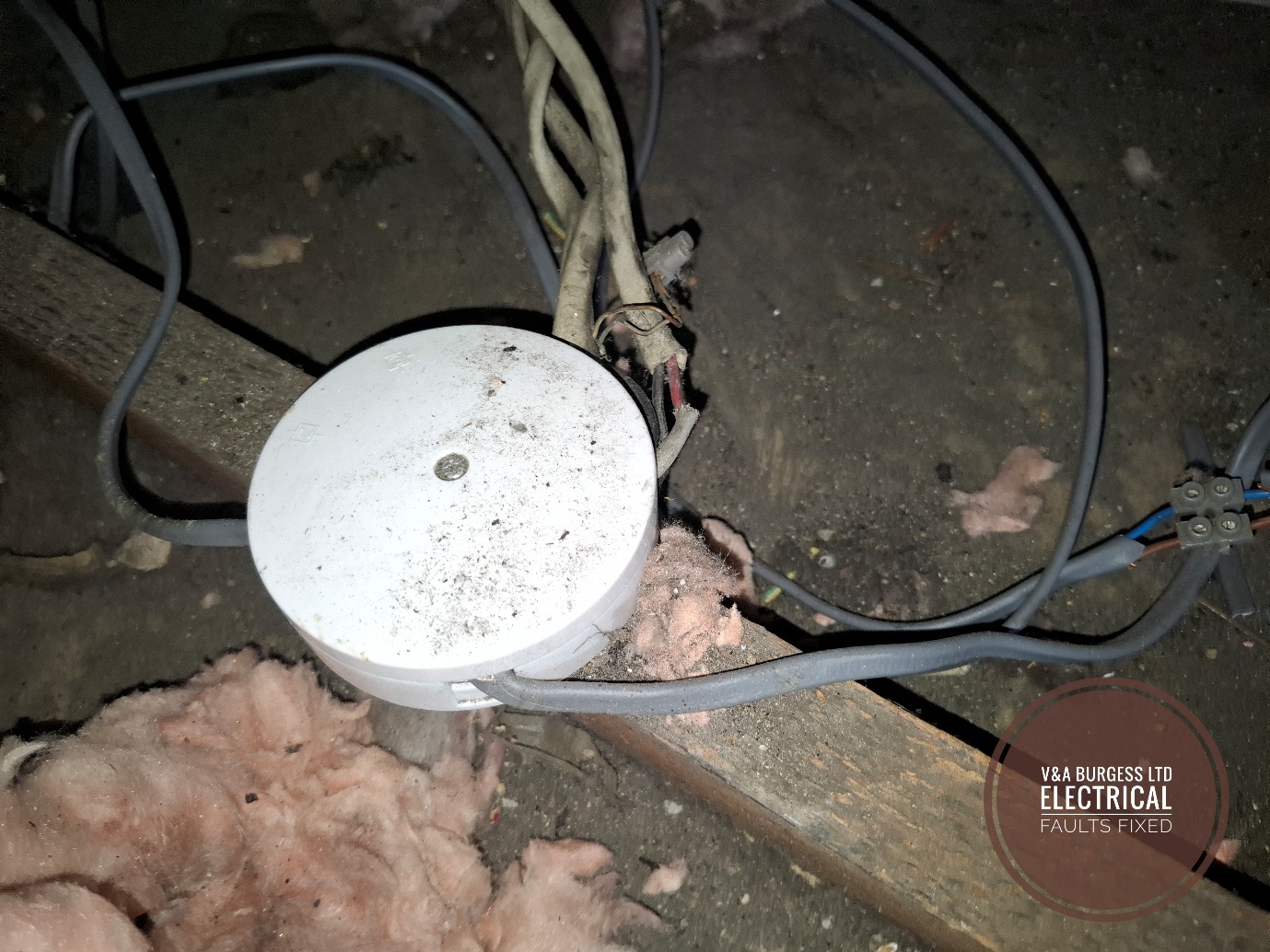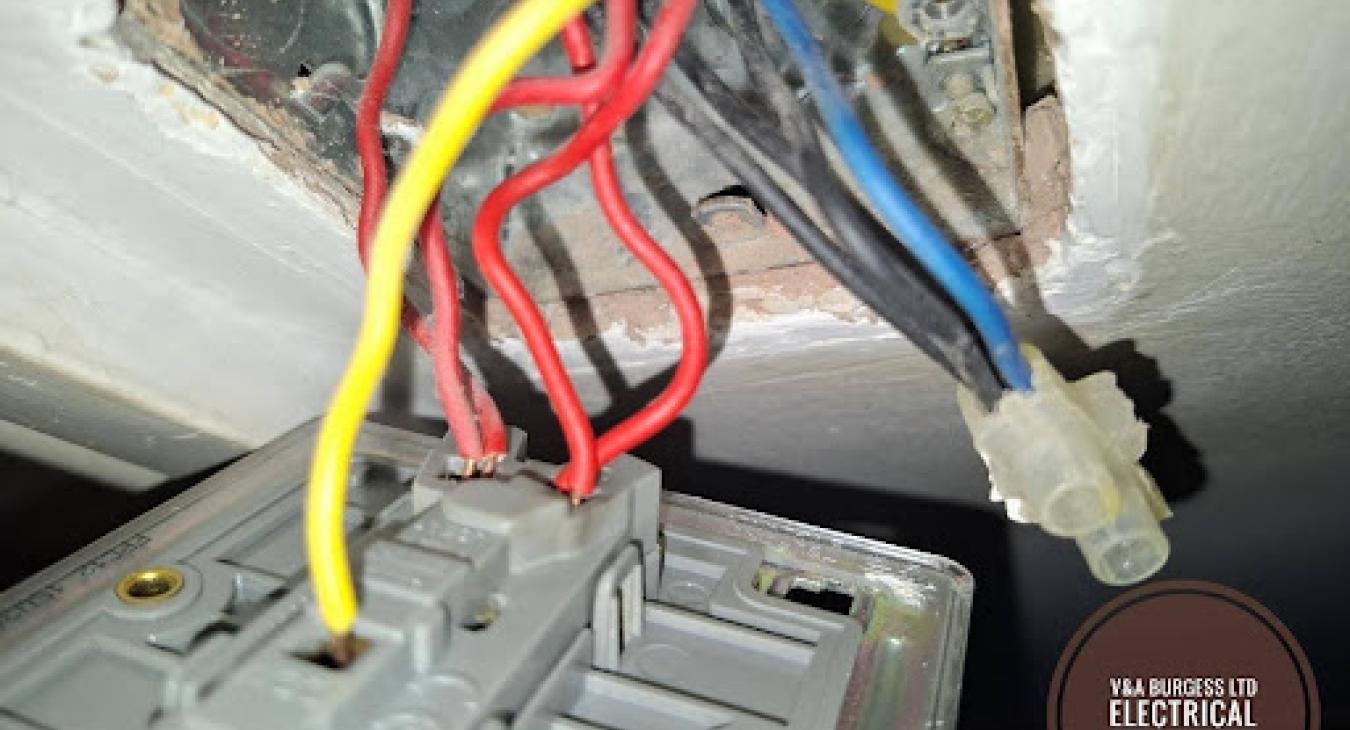How Long Does House Wiring Last: When To Replace
Electrical wiring in your home, if installed by professional Electricians and maintained correctly will last a minimum of 25 years and up to 50 years, depending upon use.
We will discuss what different factors affecting the lifespan of wiring in this article and you will see that the answer is not always as straightforward as you may imagine.
Back to top1) How long is wiring guaranteed for?
As an electrician and electrical lecturer in the UK, I have spent many hours researching this particular topic as it is one of the most frequently asked questions by customers. I have contacted a few different cable manufacturers in the UK and asked specific questions regarding cable lifespan, guarantees and more!
Firstly, the guarantee for cabling in the UK tend to be 1 year only.
Doncaster Cables indicate that their cables may last up to 25 years in a fixed installation and up to 50 years with very light loading.
Prysmian Cables indicate that their cables will also last up to 25 years assuming they are loaded at maximum operating temperature all day every day for that period. If the cables are not fully loaded then they are expected to exceed their 25 year design life.
Back to top2) Why does wiring fail?
Wiring failure is common in a home's wiring particularly in older homes where the home's electrical system may also be very old. There are a number of reasons why wiring will fail and many factors that can affect the lifespan of your home wiring system.
- Environmental Conditions
- Extreme Temperatures
- Quality of Original Installation
- Quality of Original Products
- Electrical Loading on Wiring
- External Factors
I will go into more detail about each of these factors below.
Back to top3) Environmental Conditions
Moisture in particular is one of the biggest causes of faulty wiring and can lead to potential risks of electrical shock, circuit breaker trips, premature wiring aging, corrosion and modern electrical system failure. If you have moisture present in your wiring, costly repairs could be headed your way as water allows electrical current leakage through cable insulation and can permanently damage cabling.

4) Extreme Temperatures
Electrical cabling is primarily and generally comprised of three components. The metal wire (usually copper), its immediate insulating material (usually PVC) and the outer sheath of the cable. Extreme hot temperatures can cause PVC to degrade quickly ruining the immediate insulation layer around the copper wiring. This can cause short circuits, earth faults or, as a minimum, reduce the lifespan of the cabling.
Extreme cold temperatures can cause cable insulation to become brittle, reducing its flexibility and leaving it open to cracking. The combination of both sets of temperatures will affect the cables lifespan.
Back to top5) Quality of Original Installation
It used to be a safe bet to purchase a new property as there would be a brand new modern copper wiring system in place, no risk of issues with old wiring and electrical issues should not occur for many years to come. These days, it really depends on the quality of the original installation. Pressure is put on electricians to rush through as much wiring work as possible to meet the demands of home builders. If proper installation practices have not been carried out well then wiring can be at risk of premature failure as well as the risk of other electrical problems.

6) Quality of Original Products
All cables should meet the relevant British Standard (or equivalent in your country) for safety, construction and design. Where cables have been manufactured to a budget rather than a specification, they may be unsafe, have a shorter lifespan, present a risk of electrical fires or be in some way inferior to correctly manufactured cabling. Using a professional electrician to rewire your home should guarantee that they use proper products. As a tradesperson myself, I not only don't want to return to a job inside of warranty but want the work I have done to last for many years stretching forward to satisfy my customers and protect my reputation.
Back to top7) Electrical Loading on Wiring
Your home's electrical wiring may last longer than the identical home next door to you dependent upon the number of occupants in your home. If you live alone and next door has a family of 5 but the type of wiring is identical, their wiring will wear out more quickly than yours! This is because when electrical cables are loaded (as is the case with heavy appliance use), they heat up and this excessive heat can degrade the insulation more quickly over time. A professional installation will divide the circuits up so that no one circuit is placed under too much electrical stress.
Back to top8) External Factors
Common electrical problems can occur when external factors come into play. One of the potential hazards that electrical cabling is exposed to is that of rodents! Little critters absolutely adore PVC electrical wires and despite the risk of electric shocks, they will have a good nibble on your wiring. Needless to say this can drastically affect the condition of your wiring and its lifespan! There is also the risk of mechanical damage to wiring from DIY activities, foot traffic and other sources. Mechanical damage to cabling is one of the most common causes for an emergency callout.
Back to top9) Other Factors Affecting Cable Life Span
Amongst other things, frequent circuit breaker trips can reduce the life of your wiring system and speed up the need for electrical wiring replacement. A circuit breaker does not trip is safe wiring is present, the circuit breaker monitors the electrical circuit and trips when there is a potentially serious problem. Constantly resetting a tripped breaker or other Overcurrent Protective Device, is a safety hazard and can compromise the safety of your home.
Overloading your electrical system is another factor that reduces the life span of your wiring. An overloaded circuit is a circuit that has exceeded its design parameters, that is, the safe load it was intended to carry.
Back to top10) To Sum Up
Overloading, abuse and ignoring serious warning signs in your home electrical system can lead to drastically reduced cable life as well as putting you and others at risk. To prolong the lifespan of your cable, have electrical faults investigated by a professional quickly, have regular inspections carried out by a professional electrician at regular intervals to check for safety and avoid overloading your electrical circuits.
Back to top

